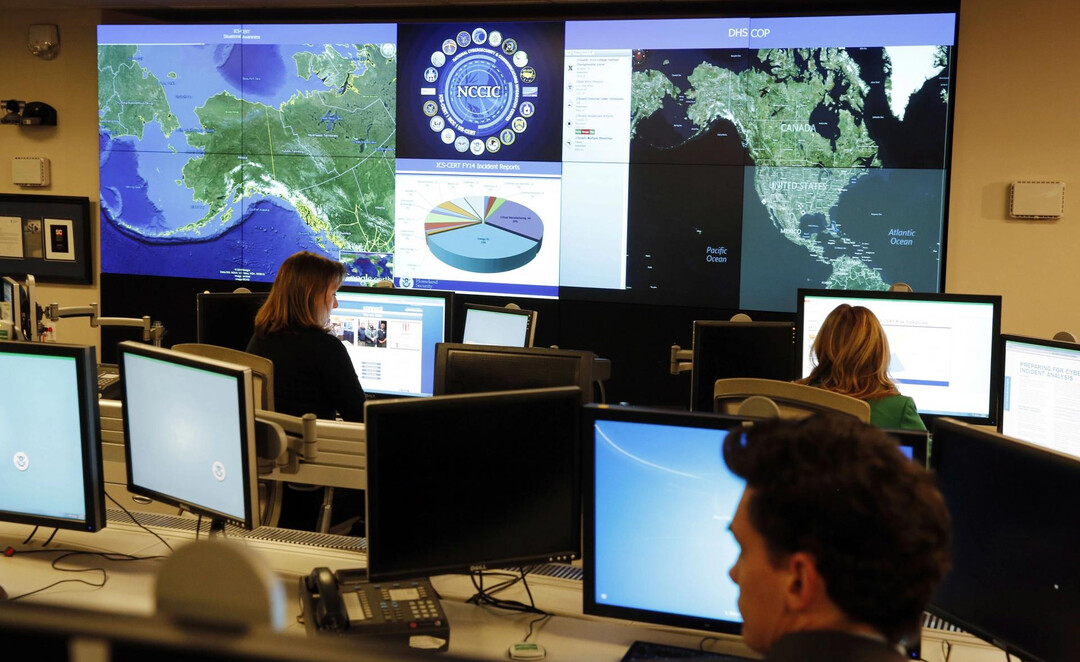
A new report indicates that Singaporean companies are exhibiting significantly higher confidence in their preparedness for various challenges and risks, including cyber threats, the rise of artificial intelligence (AI), and geopolitical instability, compared to their counterparts in Asia and globally. According to the inaugural 'Business Sentiment Report' published by risk advisory firm Kroll, 48% of Singaporean respondents stated they were "very well prepared" for these challenges. This figure is substantially higher than the 34% in the Asia-Pacific region and the global average of 38%.
Singapore's Unique Confidence
This report suggests that Singapore possesses exceptional adaptability and proactive response capabilities within a rapidly changing global business environment. The high confidence in the cybersecurity sector is particularly noteworthy. Singapore has consistently invested in robust cybersecurity policies and infrastructure. The Cybersecurity Act, enacted in 2018, mandates the protection of Critical Information Infrastructure (CII) and requires prompt responses to cybersecurity incidents.
Furthermore, the Cyber Security Agency of Singapore (CSA) offers various programs and support to strengthen corporate cybersecurity capabilities and shares information on the latest cyber threat trends. This combination of active government efforts and voluntary corporate investments appears to have laid the groundwork for Singaporean companies to effectively counter evolving cyber threats.
The Importance of Geopolitical Risk Management
Preparedness for geopolitical risks also emerged as a strong point for Singaporean companies. Singapore is strategically located at a geopolitical crossroads in Southeast Asia and is inevitably sensitive to changes in international affairs, such as the US-China rivalry. Amidst this geopolitical landscape, Singaporean companies are minimizing risks through diverse strategies, including supply chain diversification, market diversification, and reducing operations in potential conflict zones.
Especially in the financial services industry, where geopolitical instability can lead to capital outflow and weakened investment sentiment, risk management capabilities are even more crucial. The Singaporean government maintains a free and open trade policy while actively responding to changes in international affairs, contributing to a stable business environment for companies.
Opportunities and Challenges in the AI Era
Artificial intelligence (AI) is bringing about revolutionary changes in the business environment but simultaneously presents new challenges. Ethical and social issues related to AI, such as data privacy, algorithmic bias, and job displacement, are continually being raised. The high confidence shown by Singaporean companies in their AI preparedness suggests that while they are pursuing productivity improvements and innovation through AI adoption, they are also recognizing potential risks and formulating response measures. The Singaporean government launched its National AI Strategy in 2019, actively promoting AI technology development, talent cultivation, and the establishment of ethical AI guidelines. This policy support plays a crucial role in helping companies prepare for the AI era.
Survey Overview and Industry-Specific Characteristics
Kroll's report is based on a survey conducted in February, involving 1,200 C-suite executives from over 20 countries worldwide, including the United States, the United Kingdom, Hong Kong, and Singapore. Notably, approximately one-third of all respondents were from the financial services industry, and over one-fifth were from technology companies. This reflects that the financial services and technology sectors are more directly exposed to contemporary challenges such as cyber, geopolitical, and AI threats. The fact that executives in these key industries expressed high confidence further corroborates Singapore's strong competitiveness in these areas.
Future Outlook
This high level of confidence among Singaporean companies can be attributed to their concrete preparedness efforts. Through multifaceted endeavors, including strengthening cybersecurity, establishing geopolitical risk management strategies, and adopting AI technologies while managing associated risks, Singapore is expected to continue its growth and prosperity in a rapidly changing global business environment. However, future uncertainties always exist, so Singaporean companies must not rest on their current success but rather continuously adapt to change and prepare for new threats.
[Copyright (c) Global Economic Times. All Rights Reserved.]






























